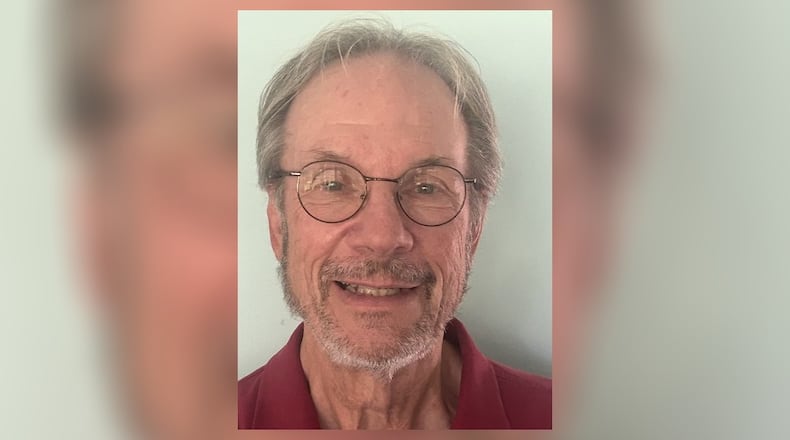The biggest watchers of local news: older adults. Studies show over the years that the 65-plus crowd gets most of their news from local TV and cable sources like CNN, Fox News and MSNBC. A recent 2024 Pew study reports that 60% of the 65-plus cohort prefers getting news from TV, while only 8% of 18-29 year olds like their news that way. A vast majority of the younger demographic prefers to get news through digital devices.
At a national level, the median ages for cable news followers are all retirement age. MSNBC’s median viewer is 70 years old, while Fox News viewers have a median age of 69 and the median CNN viewer is 67 according to the latest Nielsen data. My wife and I, both 75, quit our cable TV addiction cold turkey shortly after the 2020 election. We had had enough of talking heads and opinions-minus-evidence. Evening cable “news” wasn’t just “preaching to the choir,” it was actually yelling at us. We felt too old to be yelled at, and such “news” rarely gave us anything new.
So how do you break the habit, for those who want to? First, try out better news. Plenty of legitimate news sites exist, featuring the work of actual reporters documenting key events and covering significant issues. The question for some of us may not necessarily be less news, but better news. Local and regional newspapers offer this. At the national level, NPR, BBC, PBS and the news pages of the New York Times, the Washington Post and the Wall Street Journal showcase some of the world’s best reported stories.
Second, break the cable habit. My mom quit her cable news fix when she moved from her condo to assisted living, then to nursing care. Today she watches old movies on cable … and she listens to music. She likes Frank Sinatra, Bing Crosby, Doris Day, Barbra Streisand and the music my father loved, especially Benny Goodman, the Ink Spots and Nat King Cole.
I listen to music too — in the car when I’m driving, when I walk the dog and right now when I’m writing. A 2024 University of Michigan study found enormous benefits from listening to music. The study polled more than 2,500 adults ages 50-80, more than three quarters of whom said music “relieves stress or relaxes.” A majority reported that music brought joy, improved their mental health, mood or attitude, and motivated or energized them. A third of respondents even said music “helps keep their mind sharp.”
Overall, 98% of those surveyed said they “benefit in at least one health-related way from engaging with music.” Joel Howell, professor of internal medicine at the University of Michigan Medical School, offered this insight about the study: “Music has the power to bring joy and meaning to life.” He added, “We know that music is associated with positive effects on measures from blood pressure to depression.”
Finally, the study reported that 46% of respondents said that music is “just as important to them now as then,” and 19% said “music is more important to them now than it was in their youth.”
Music endures because it speaks to both individual and universal themes, from a teenager’s first romantic adventures (“I Want to Hold Your Hand”) to a nation’s outrage over social injustices (“We Shall Overcome”). A particular song can transport us back in time and allow us to remember. For me, a first date with my future wife to see The Band. My brother and I still debate the best slow dance song from high school. He says “Sleep Walk.” I say “Unchained Melody.”
I am lucky to be from a family of musicians, although that gene bypassed me. My father, my son and a brother all played or still play guitars. My mom played the accordion. Another brother, age 73, is a songwriter and still plays stand-up bass in a bar band. My lame contribution, to the annoyance of my family, is playing my Pandora Christmas rotation … starting in mid-November. But I did sing in a folk group in high school called the Sour Grapes.
And I am also a nap-time singer. “Chantilly Lace” and “Kisses Sweeter than Wine” are my go-to standards – sung to my children way back when, and now to my grandchildren. I get requests.
So in a complicated world, I recommend a little less news and noise, and a lot more music and melody.
Richard Campbell is professor emeritus of Media, Journalism & Film at Miami University and co-founder of the Oxford Free Press, where this column first appeared.
About the Author

